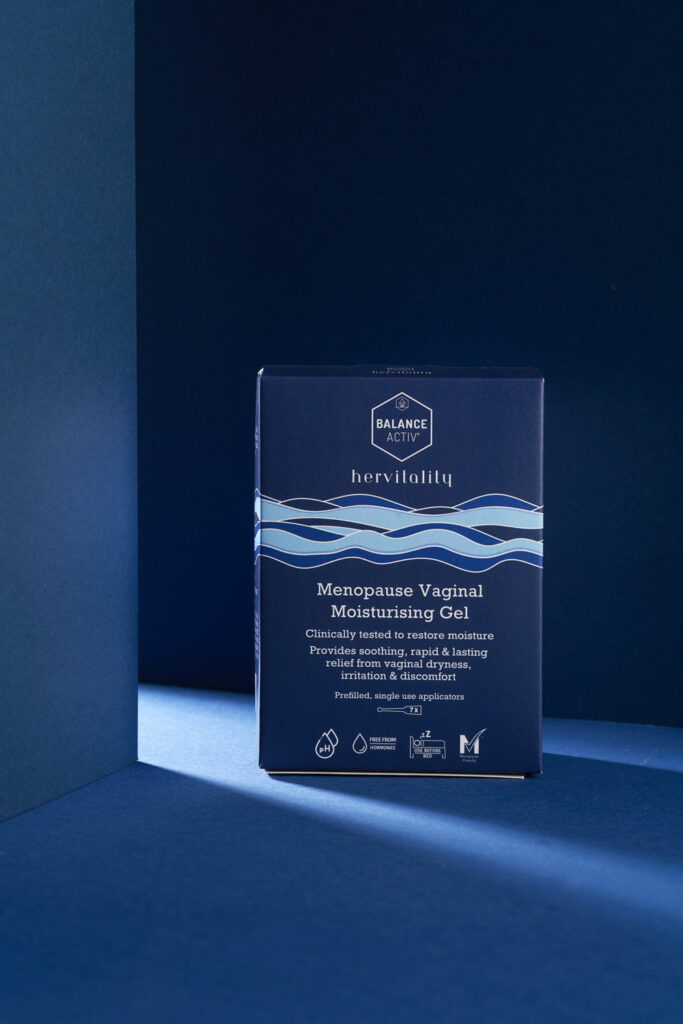Navigating Menopause: The Symptoms and How to Manage Them
Menopause is a natural phase in a woman’s life, signalling the end of her reproductive years. While it’s a significant milestone, it often comes with a range of physical and emotional symptoms that can be challenging to manage. However, with the right knowledge and support, menopause can also be a time of personal growth, self-discovery, and happiness. In this blog, we’ll explore the common symptoms of menopause and provide tips on how to live a fulfilling and joyful life during this transformative period.
Understanding Menopause 1
The menopausal transition most often begins between ages 45 and 55. It usually lasts about seven years but can be as long as 14 years. The menopausal transition affects each woman uniquely and in various ways. The body begins to use energy differently, fat cells change, and women may gain weight more easily. You may experience changes in your bone or heart health, your body shape and composition, or your physical function.
But hey, you’re not alone in this! Many women go through the same journey, and there’s a lot of support and information out there to help you navigate these changes with a friendly and understanding community.
Common Symptoms of Menopause 2
- Hot Flashes and Night Sweats: Perhaps the most well-known symptoms of menopause, hot flashes can be uncomfortable and disruptive. They often involve a sudden feeling of intense heat, flushing, and sweating. Night sweats are hot flashes that occur during sleep, leading to disrupted sleep patterns.
Tip: Dress in layers, stay hydrated, and avoid triggers like spicy foods, caffeine, and alcohol to manage hot flashes. To help with night flashes, sleep in a cool room and sleep in light pyjamas.
- Mood Swings and Emotional Changes: Hormonal fluctuations can lead to mood swings, irritability, anxiety, and even depression. These emotional changes can be challenging to navigate.
Tip: Prioritize self-care, including regular exercise, meditation, and seeking support from friends, family, or a therapist.
- Irregular Periods: Before reaching menopause, women often experience irregular periods, which can include heavy bleeding or skipped periods.
Tip: Keep a calendar to track your menstrual cycle and consult with your GP if you have concerns about your periods.
- Vaginal Dryness and Sexual Discomfort: Decreased oestrogen levels can lead to vaginal dryness and discomfort during intercourse, affecting sexual satisfaction.
Tip: Talk openly with your partner about your needs and consider using lubricants or moisturizers designed for menopausal women.
- Sleep Disturbances: Hormonal changes, night sweats, and mood swings can disrupt sleep patterns, leading to fatigue and irritability.
Tip: Create a calming bedtime routine, practice relaxation techniques, and limit screen time before bed to improve the quality of your sleep.

Find your natural balance during menopause
- Stay Active: Regular exercise can help alleviate many menopausal symptoms. It boosts mood, reduces hot flashes, and maintains bone health.
- Eat a Balanced Diet: A diet rich in fruits, vegetables, whole grains, and lean protein can support overall health during menopause. Calcium and vitamin D are essential for maintaining strong bones.
- Embrace Self-Care: Prioritise self-care activities that bring you joy, such as reading, gardening, painting, or pursuing new hobbies.
- Connect with Others: Share your experiences and feelings with friends or join a support group for menopausal women. Connecting with others going through the same changes can be incredibly empowering. There are many podcasts available for women struggling with menopause to make sure you do not feel alone.
- Seek Professional Help: If you’re struggling with severe mood swings, anxiety, or depression, don’t hesitate to seek help from a mental health professional.
Navigating menopause can be challenging, but it’s also an opportunity for self-discovery and personal growth. By understanding the common symptoms and implementing strategies for self-care, you can not only manage the physical and emotional aspects of menopause but also find happiness and fulfilment during this transformative phase of life. Remember, you are not alone in this journey, and there is support available to help you thrive through menopause.
[i] What Is Menopause?, https://www.nia.nih.gov/health/what-menopause#transition , National Institute on Aging, np
[ii] Treating menopause symptoms,
https://www.nhsinform.scot/healthy-living/womens-health/later-years-around-50-years-and-over/menopause-and-post-menopause-health/treating-menopause-symptoms#:~:text=exercising%20regularly%20%2D%20regular%20weight%2Dbearing,or%20having%20a%20cold%20drink , NHS inform , np